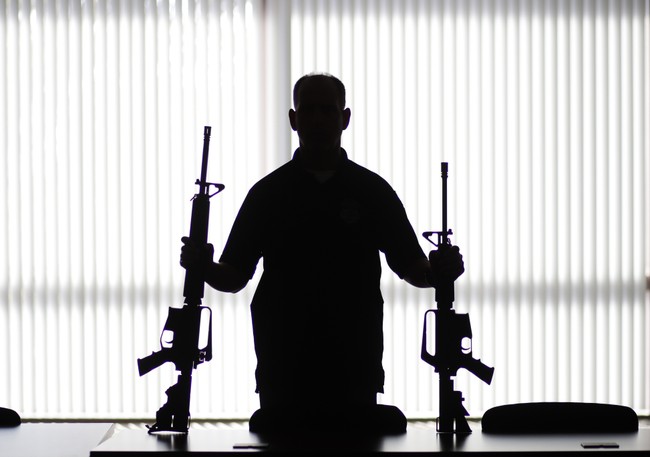Negative
26Serious
Neutral
Optimistic
Positive
- Total News Sources
- 1
- Left
- 0
- Center
- 0
- Right
- 1
- Unrated
- 0
- Last Updated
- 32 days ago
- Bias Distribution
- 100% Right


1951 Philippine Sedition Case Affirms Limits on Free Speech
Historical and contemporary debates about constitutional rights and freedoms remain highly relevant in the United States. A 1951 Philippine Supreme Court case highlighted the limits of free speech when actions incite illegal activities or threaten state security, underscoring ongoing legal tensions around expression. In the U.S., the Second Amendment, ratified in 1791, is frequently cited in gun rights discussions, but experts emphasize understanding it within the broader context of all Bill of Rights amendments, especially the First Amendment, which protects freedoms of speech, press, and peaceful assembly. Recent commentary on President Trump's response to planned protests around a military parade highlights the ongoing importance of these constitutional protections in current political discourse. Meanwhile, scholarly resources continue to provide valuable insights into the Constitution's evolution and its application to modern issues, including judicial review and civil rights. These dialogues reveal the complex interplay between constitutional rights, public safety, and political expression in American society.

- Total News Sources
- 1
- Left
- 0
- Center
- 0
- Right
- 1
- Unrated
- 0
- Last Updated
- 32 days ago
- Bias Distribution
- 100% Right
Negative
26Serious
Neutral
Optimistic
Positive
Related Topics
Stay in the know
Get the latest news, exclusive insights, and curated content delivered straight to your inbox.

Gift Subscriptions
The perfect gift for understanding
news from all angles.


